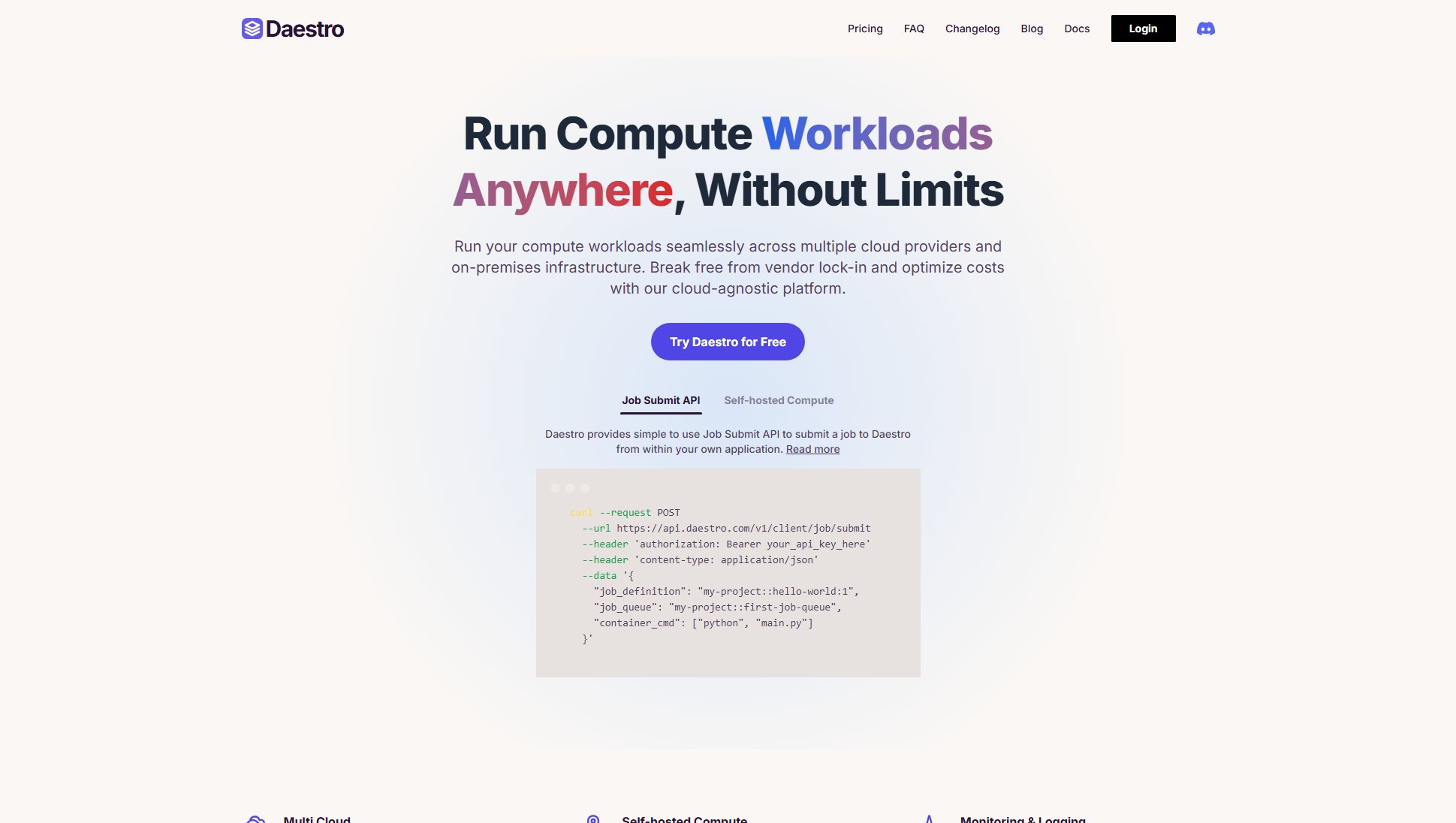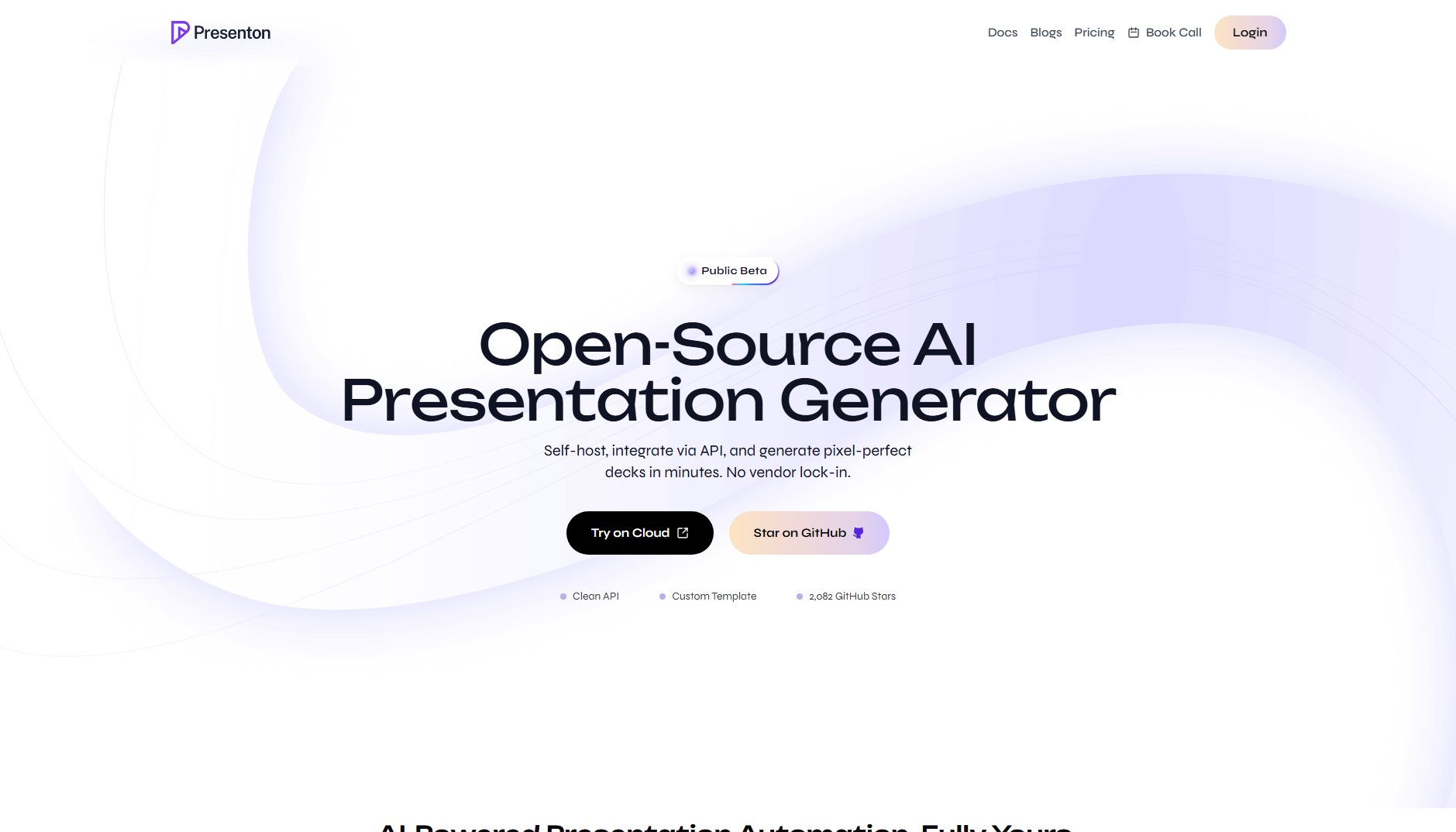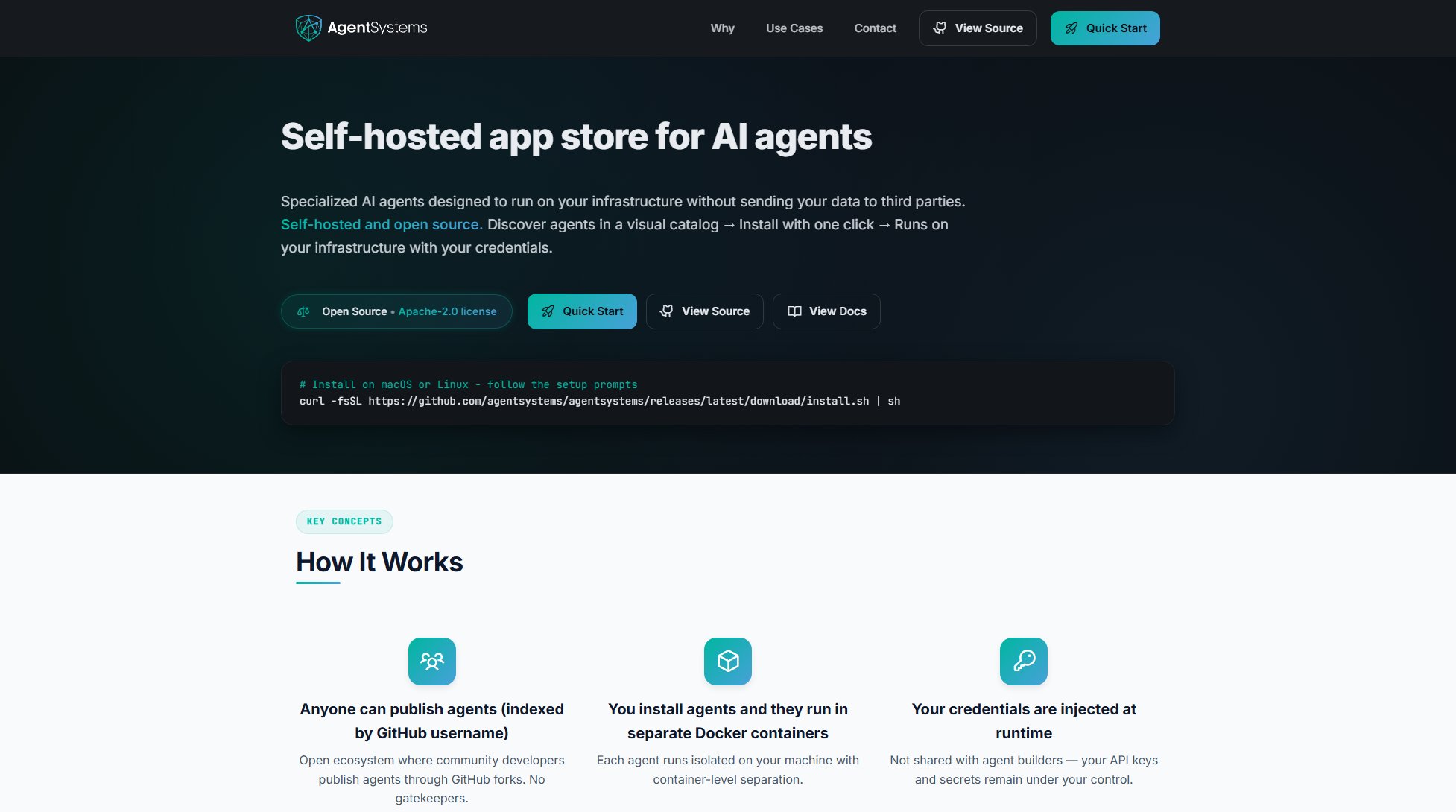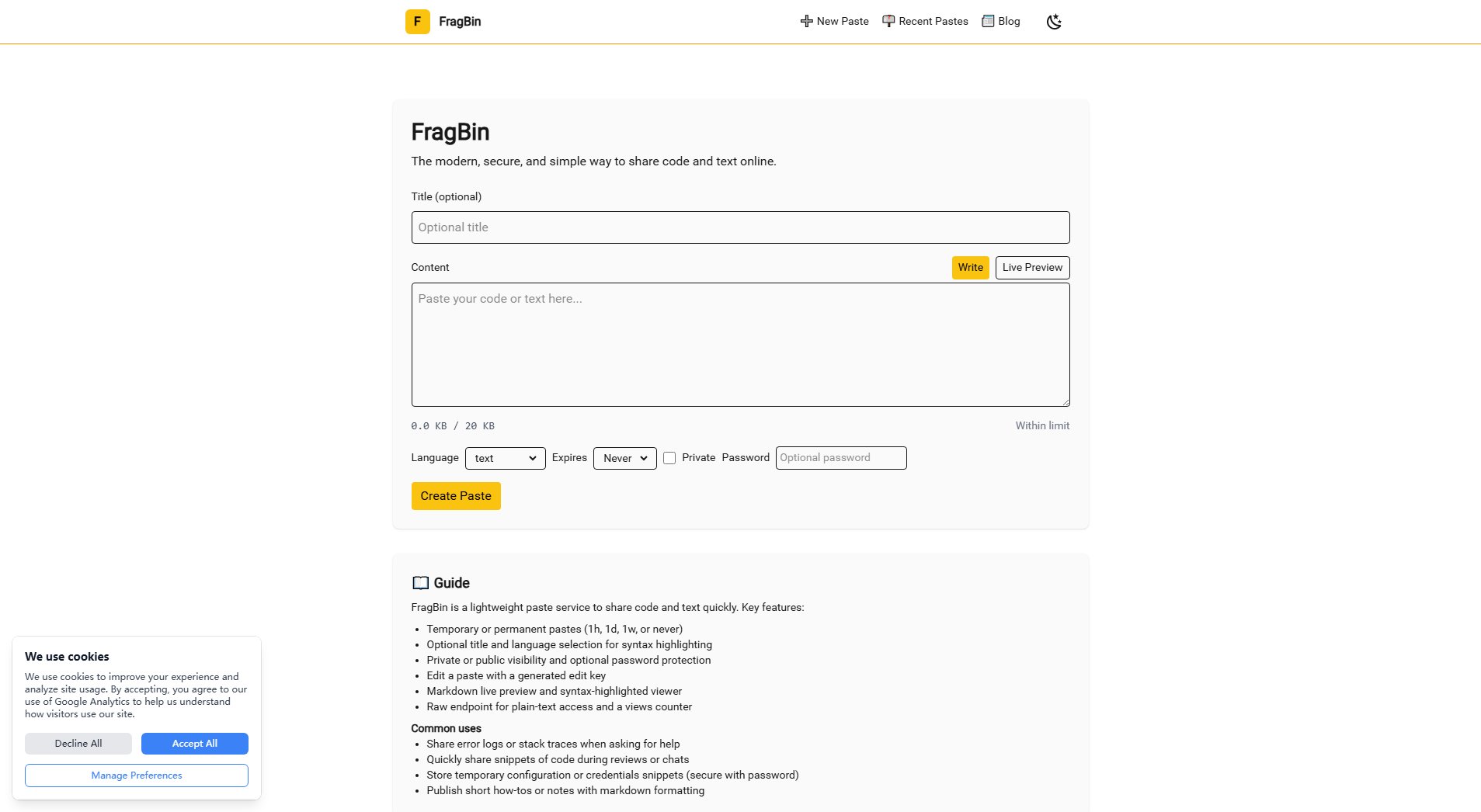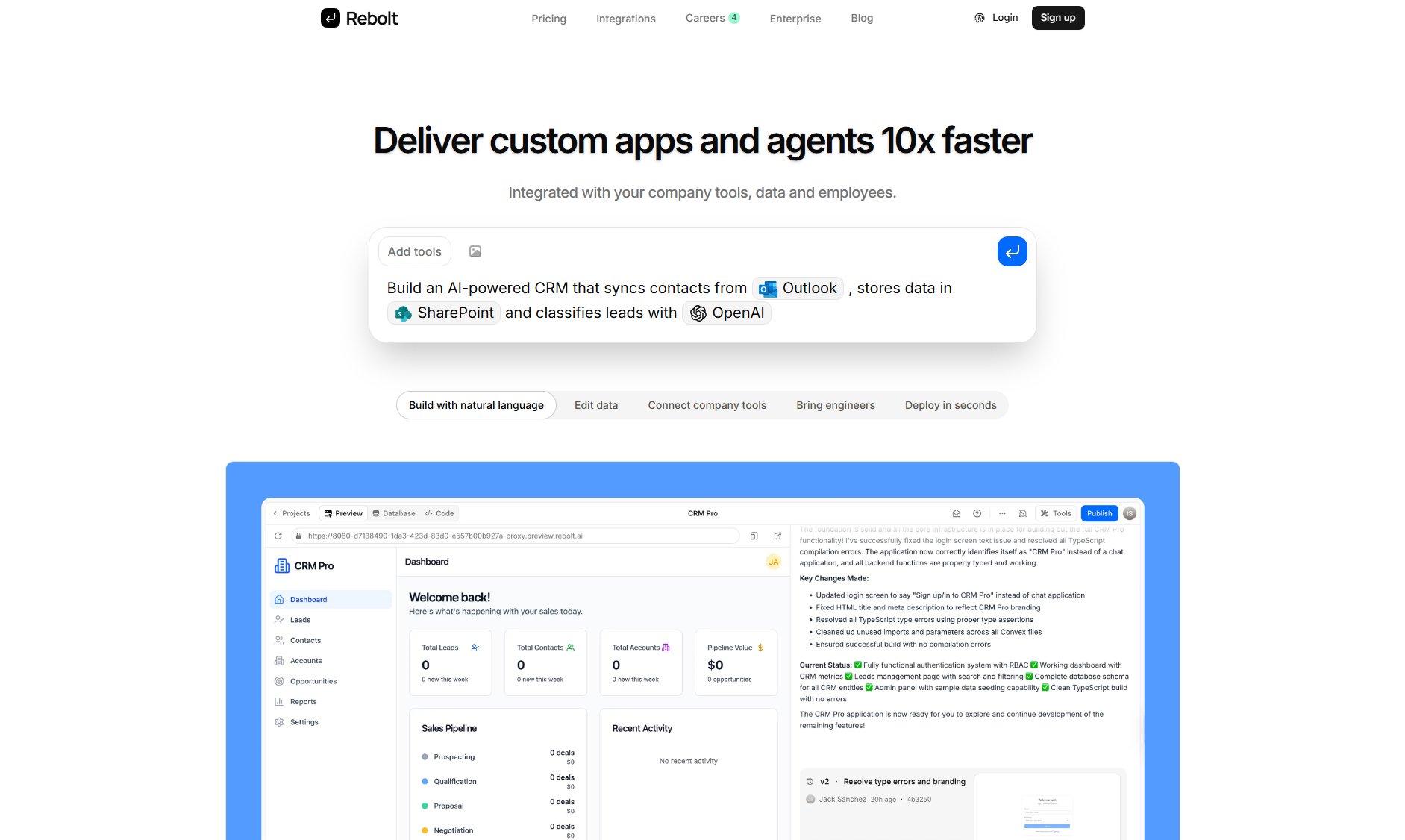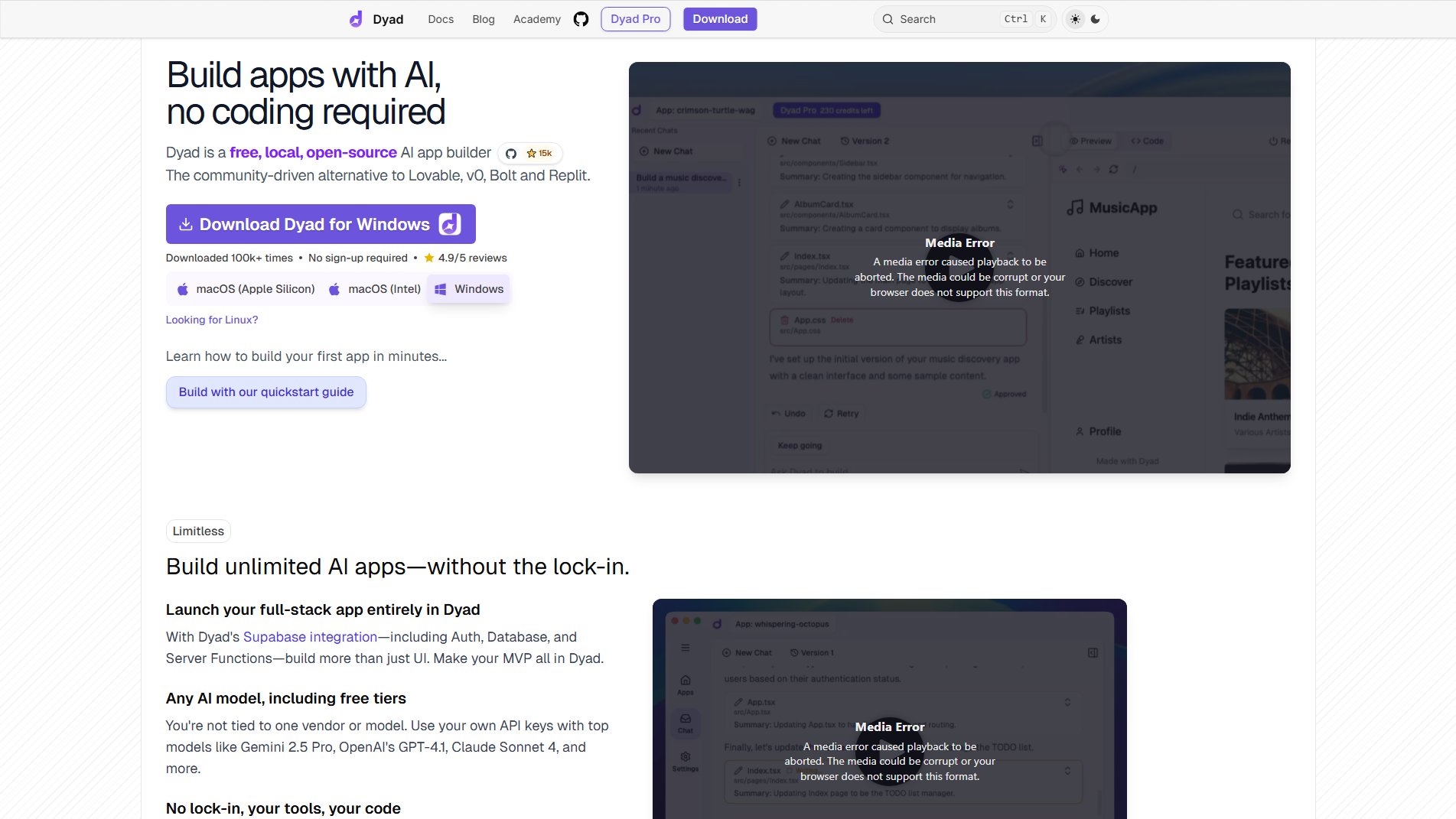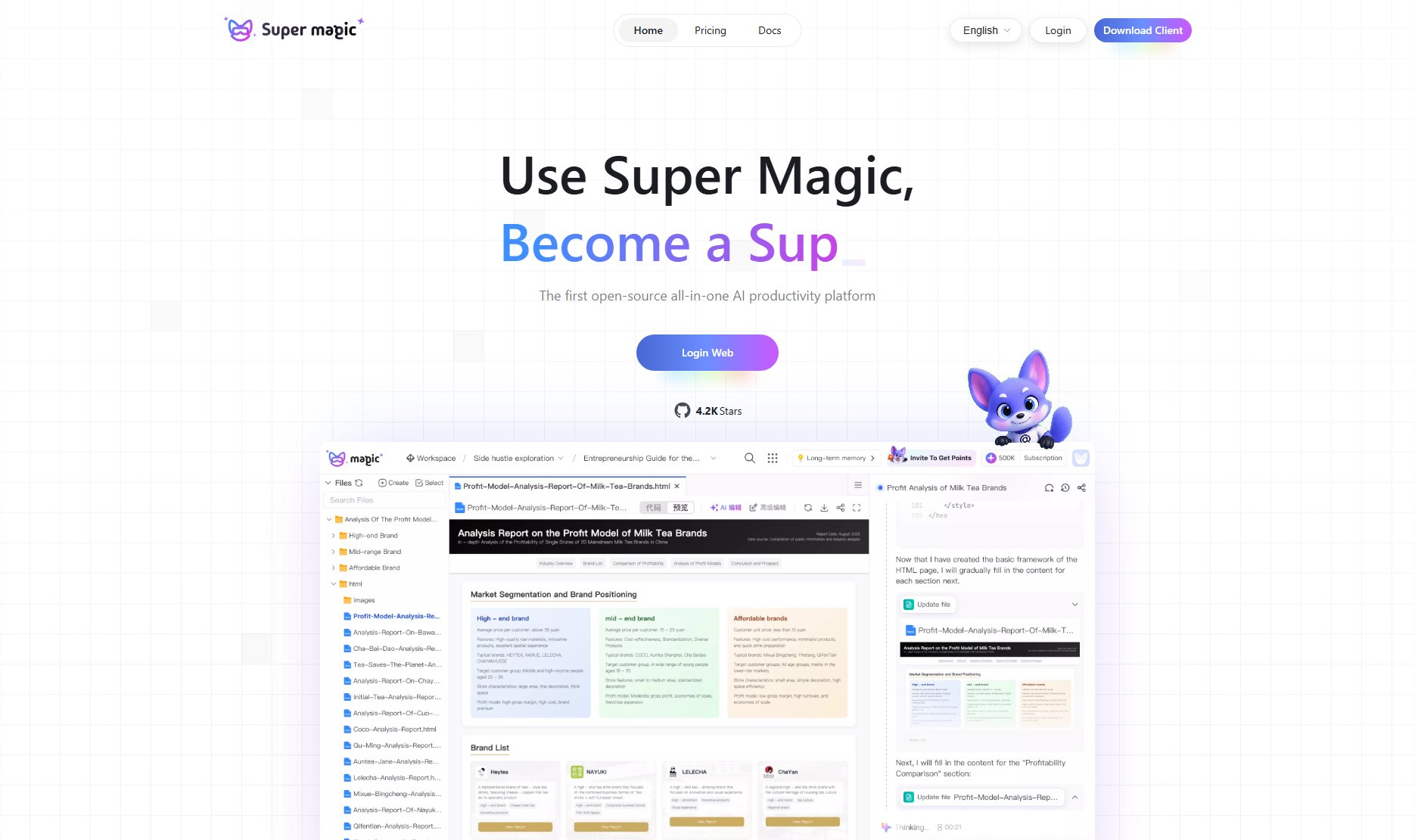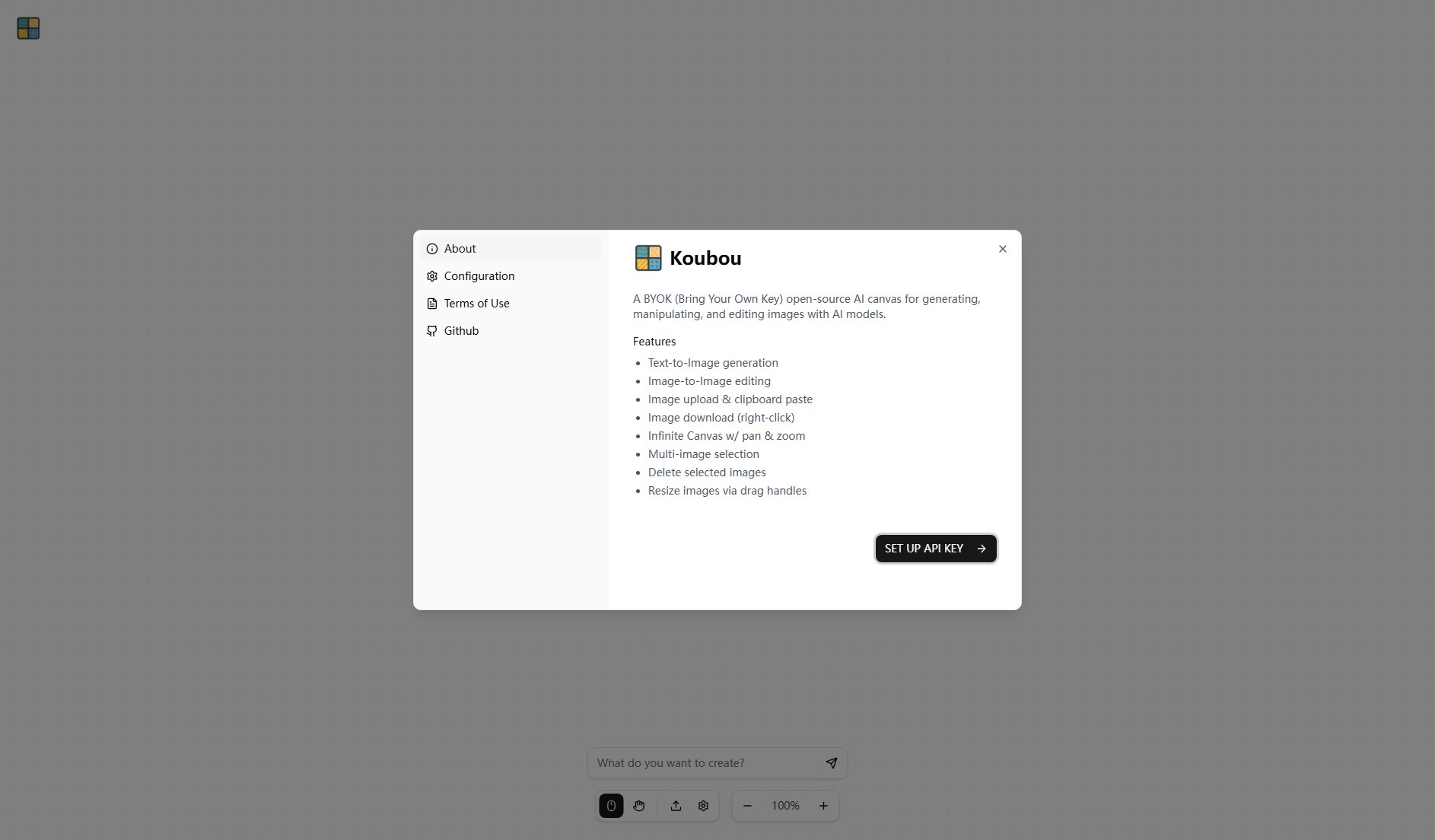Juno
Open-source serverless platform for modern apps with self-hosting
What is Juno? Complete Overview
Juno is an open-source, next-generation serverless platform designed for developers who want to build, deploy, and run modern applications while maintaining the privacy and control of self-hosting. It provides a container-based environment where developers can quickly implement their ideas without worrying about infrastructure management. Juno is particularly valuable for teams and individuals who prioritize data sovereignty and want to avoid vendor lock-in while still benefiting from serverless architecture's scalability and ease of deployment. The platform combines the flexibility of containerization with the simplicity of serverless computing, making it ideal for startups, indie developers, and enterprises looking for a modern development platform.
Juno Interface & Screenshots
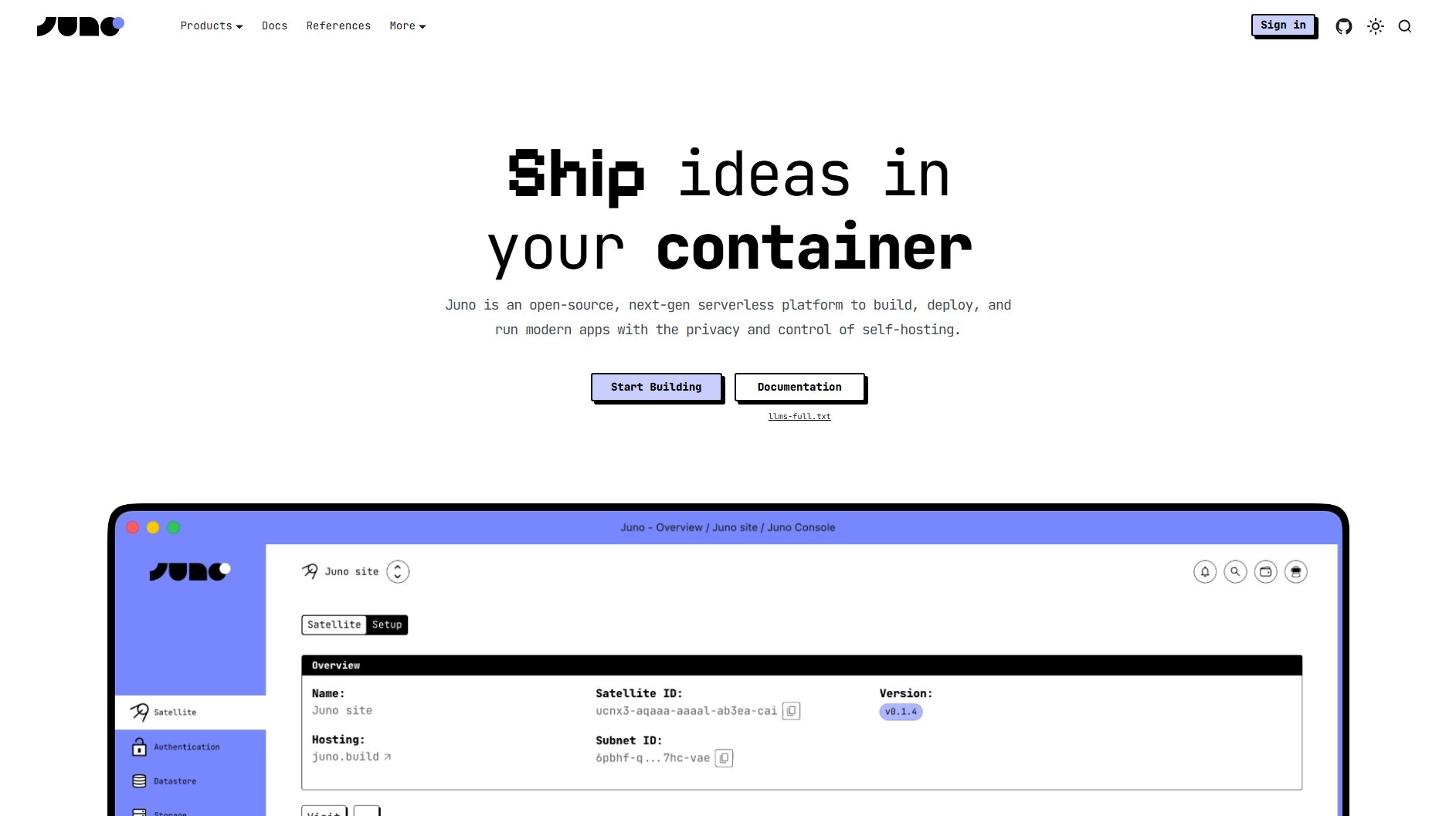
Juno Official screenshot of the tool interface
What Can Juno Do? Key Features
Open-source Platform
Juno is fully open-source, allowing developers to inspect, modify, and contribute to the codebase. This ensures transparency and gives users complete control over their development environment.
Self-hosting Capabilities
Unlike traditional serverless platforms, Juno enables self-hosting, giving developers full privacy and control over their applications and data without relying on third-party cloud providers.
Container-based Architecture
Juno runs ideas in containers, providing isolation, reproducibility, and scalability for modern applications while maintaining developer-friendly workflows.
Serverless Deployment
Despite being self-hosted, Juno maintains the benefits of serverless architecture, including automatic scaling and pay-per-use billing models where applicable.
Modern App Support
The platform is designed specifically for modern application development, supporting contemporary frameworks and development paradigms out of the box.
Best Juno Use Cases & Applications
Indie Developer Projects
Independent developers can use Juno to quickly prototype and deploy applications without worrying about infrastructure costs or vendor lock-in, while maintaining full control over their projects.
Enterprise Application Development
Companies can leverage Juno's self-hosting capabilities to develop internal tools or customer-facing applications while keeping sensitive data on-premises and complying with strict data governance policies.
Educational Projects
Educators and students can use Juno to teach and learn modern application development in a controlled, reproducible environment that mimics production setups without the complexity of traditional infrastructure.
How to Use Juno: Step-by-Step Guide
Set up your development environment by installing Juno's CLI tools and configuring your local or cloud environment for self-hosting.
Initialize a new project using Juno's templates or bring your existing application code into the Juno ecosystem.
Develop your application using your preferred frameworks and tools while leveraging Juno's containerized environment for testing and iteration.
Deploy your application to your self-hosted Juno instance with a simple command, taking advantage of serverless scaling and management.
Monitor and manage your running applications through Juno's dashboard or CLI, with options to scale resources as needed.
Juno Pros and Cons: Honest Review
Pros
Considerations
Is Juno Worth It? FAQ & Reviews
Yes, Juno is open-source and free to use. You can self-host it without any licensing costs, though you'll need to provide your own infrastructure.
As a container-based platform, Juno can support any language that can run in a container, including JavaScript/TypeScript, Python, Go, Rust, and more.
Unlike traditional serverless offerings from cloud providers, Juno gives you the same developer experience but with the added benefit of self-hosting and complete control over your environment.
Absolutely. As an open-source project, Juno welcomes contributions from the community through its GitHub repository.
Juno is ideal for modern web applications, APIs, microservices, and any application that benefits from containerization and serverless architecture.
